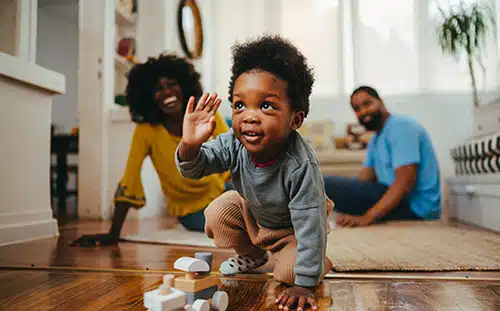
In reality, open adoption is about maintaining a healthy connection between the child and their birth family in a way that benefits everyone involved. It allows for varying levels of communication tailored to the needs and comfort levels of both families. As couples learn more, they often realize that open adoption provides clarity, security, and a stronger sense of identity for the child.
What is Open Adoption?
At its core, open adoption means a meaningful connection between adoptive and birth families, where they openly share information and develop an ongoing relationship. This process begins before the courts finalize the adoption, allowing both parties to establish communication, set expectations, and encourage trust.
Open adoption isn’t co-parenting. It doesn’t mean sharing custody of the child or any parental rights. As the adoptive parents, you’ll be your child’s parents and will make the decisions about how to raise your child.
Once your child’s adoption is complete, your relationship with their birth mother will continue to evolve, with varying levels of contact based on the needs and preferences of everyone involved. Open adoption can include direct contact, such as visits, phone calls, and video chats, as well as indirect communication through letters, emails, or updates.
This dynamic approach benefits all parties—providing birth parents with reassurance, adoptive families with a deeper understanding of their child’s background, and, most importantly, allowing the child to maintain a sense of identity and connection to their roots.
Many people who have just started to look into domestic adoption have never heard of (or thought of) open adoption and are wary of it. In the best interest of your future child, I encourage you to learn what open adoption is. Educating yourself on open adoption also allows for a positive ongoing relationship with your child’s birth mother.
You can learn about open adoption here on our blog, by watching videos of open adoption stories, or through watching webinars. In Lifetime’s free open webinar series, you can also see what open adoption looks like in real people’s lives.
What’s the Difference Between Open Adoption and Co-parenting?
Once a birth mother signs her final paperwork and the period of revocation has passed, she will have officially terminated her parental rights. At that point, you will take all responsibilities for parenting the child, and their birth mother will no longer be the child’s legal caregiver.
While the birth mother can still be a part of her child’s life, you will make all medical, legal, and parenting decisions regarding the child.
Domestic Infant Adoption
Most domestic infant adoptions in America today have some level of openness. In fact, approximately 95% of domestic infant adoptions in the United States are open. There are many different variations of open adoption regarding levels of ongoing communication between adoptive families and their children’s birth families.
With most domestic infant adoptions, the birth parents will choose the adoptive family for their baby. Then, the adoptive parents and birth parents considering adoption meet each other, whether in person, over the phone, or via email. Openness will continue in infant adoption after the courts finalize the adoption and as the child grows up.
How Open?
The amount of openness varies from exchanging emails and pictures through the adoption professional, to Facebook connections, to regular phone calls and texts, and even to scheduled in-person visits.
It’s important that both the birth parents and adoptive parents know their options in open adoption before they’re matched. That way, both of you can find the right level of openness for the future.
Open adoption can take many forms. Because every birth parent and adoptive family has their own preferences with how much contact they’re comfortable with, no two open adoptions are the same.
Benefits of Open Adoption
After reading all this information about open adoption, you might wonder why hopeful adoptive parents choose open adoption. Though there are many benefits of open adoption, the main reason is that studies have shown it’s best for adopted children as they grow up. Adoptees can know where they came from and the reasons why their birth parents chose adoption. Research has shown that children in open adoptions benefit from a stronger sense of self, enveloped by the love of both their adoptive parents and birth parents.
It turns out that it’s also better for adoptive parents and birth parents, too! Birth mothers in open adoption report less regret and worry and more peace of mind since they’re able to see their child growing up.
“I knew that my son needed so many things I wouldn’t be able to give him,” says a birth mother, Sarah. “And that’s where I had to separate myself. That’s where I had to break my own heart to do what was best for him. I’m so proud I made this decision for him; he’s flourishing. And I can’t think of anything more wonderful than knowing that he’s gonna be forever loved.”
The adoptive parents benefit, too, as they receive crucial genetic information and health history about their child. As one birth mother says, “Knowing my daughter’s family health history could mean the difference between life and death. For example, my daughter will need to know that her dad’s side of the family has a history of high blood pressure.”
Open adoption allows for honest and ongoing discussions about your child’s adoption story, making it a natural part of their identity rather than a secret or difficult topic.
Overall, open adoption helps create a supportive and informed environment where the adoptive family, birth family, and child can maintain meaningful and beneficial relationships.
Editor’s Note: This article was originally published on February 20, 2017, and has since been updated.
As Vice President of Lifetime Adoption, Heather Featherston holds an MBA and is passionate about working with those facing adoption, pregnancy, and parenting issues. Heather has conducted training for birth parent advocates, spoken to professional groups, and has appeared on television and radio to discuss the multiple aspects of adoption. She has provided one-on-one support to women and hopeful adoptive parents working through adoption decisions.
Since 2002, she has been helping pregnant women and others in crisis to learn more about adoption. Heather also trains and speaks nationwide to pregnancy clinics to effectively meet the needs of women who want to explore adoption for their child. Today, she continues to address the concerns women have about adoption and supports the needs of women who choose adoption for their child.
As a published author of the book Called to Adoption, Featherston loves to see God’s hand at work every day as she helps children and families come together through adoption.

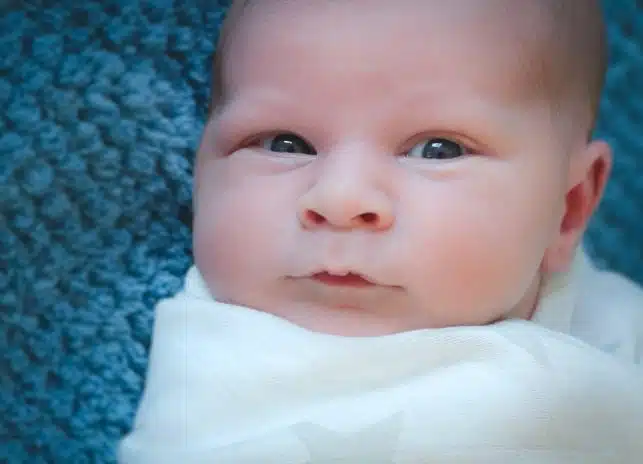
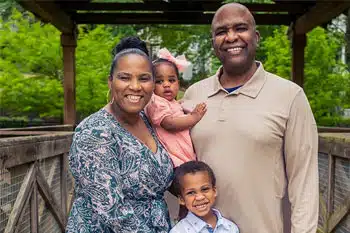

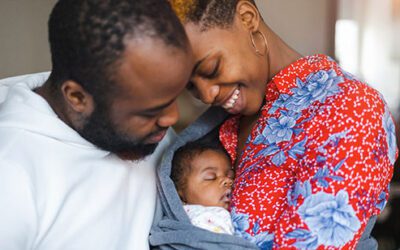
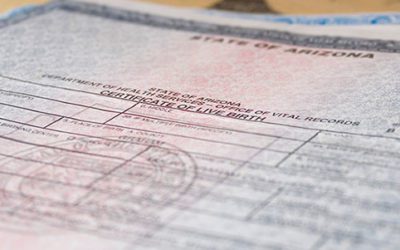
0 Comments